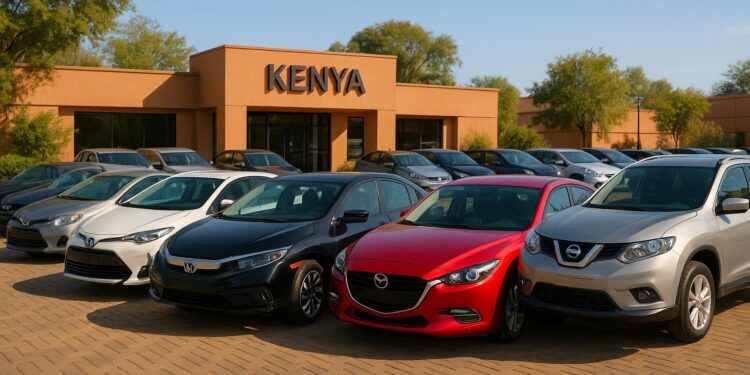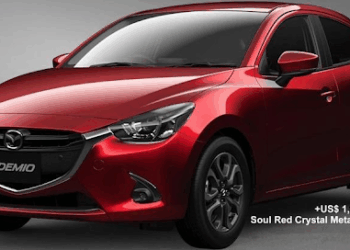Looking for a car under KES 1.5 million in Kenya this year? Here’s the good news: you have plenty of reliable options for both new and used vehicles. Whether you’re commuting in Nairobi, driving in rural areas, or looking for fuel-efficient or low-maintenance cars, there’s something for everyone. Popular choices include the Toyota Vitz, Mazda Demio, Nissan Note, and Honda Fit, all known for their affordability, fuel efficiency, and availability of spare parts.
Key things to consider:
- Total cost of ownership: Look beyond the purchase price. Budget for insurance, registration, and maintenance.
- Fuel efficiency: Fuel prices impact your monthly costs significantly.
- Road suitability: Choose a car with proper ground clearance for Kenya’s road conditions.
- Resale value: Japanese cars like Toyota and Honda tend to retain value better.
For those interested in electric vehicles, options are limited, but the Toyota C+ Walk T is a viable choice for city driving. Below are some top picks to help you make an informed decision.
5 MOST FUEL EFFICIENT CARS IN KENYA UNDER KSH 1.5M
What to Consider When Buying a Car in Kenya
When buying a car in Kenya, it’s essential to think beyond the sticker price. The total cost of ownership plays a big role in making a smart financial decision and avoiding surprise expenses down the road. Here are the key factors to keep in mind:
Import Regulations and Costs
Kenya has strict rules on vehicle imports, particularly regarding the age of the car. Older models often come with hefty import duties and fees, which can significantly drive up the overall cost. If you’re importing, be sure to calculate these expenses before committing to a purchase.
Additional Costs Beyond Purchase Price
The actual price of the car is just one piece of the puzzle. You’ll also need to budget for:
- Comprehensive insurance
- Registration fees and transfer costs
- Inspection certificates
- Financing charges, if you’re taking a loan
These additional expenses can quickly add up, so plan accordingly.
Fuel Efficiency and Running Costs
Fuel prices in Kenya can make or break your monthly budget. Cars with better fuel economy can save you a lot in the long run, especially if you’re regularly driving long distances. Operational efficiency should be a top priority when choosing a vehicle.
Maintenance and Spare Parts Availability
Japanese brands like Toyota, Honda, and Nissan dominate the Kenyan market for a reason – they’re affordable to maintain, and spare parts are easy to find. On the other hand, European models might require specialized components, which can make servicing more expensive and time-consuming.
Road Suitability
Kenya’s roads are incredibly diverse, ranging from smooth highways to rugged rural paths. Here’s what to look for:
- Ground clearance: A must for navigating unpaved roads and speed bumps.
- Engine power: Smaller engines may struggle in hilly areas or at higher altitudes, such as Nairobi. Consider this if you’ll be driving in such regions.
Resale Value
In Kenya, resale value matters. Cars from well-established brands tend to hold their value better over time. Additionally, neutral colors like white, silver, or gray are more attractive in the used-car market, making them easier to sell later.
Access to Service Centers in Rural Areas
For those in rural areas, convenience is key. Choosing a car brand with a widespread dealer and service network can save you time and money when it comes to maintenance. It’s worth considering this if you live far from major towns.
1. Toyota Vitz
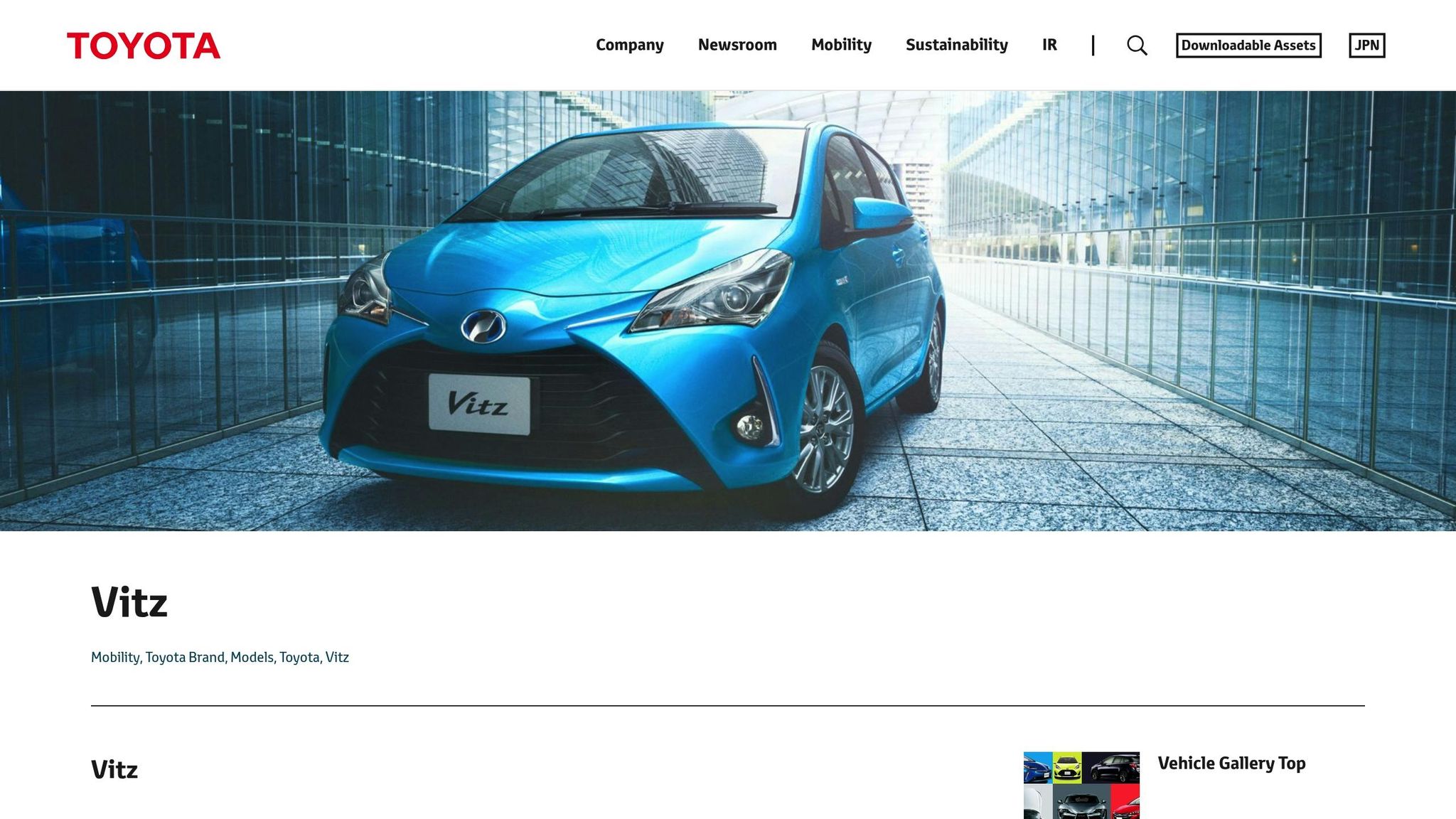
The Toyota Vitz has earned its place as one of Kenya’s favorite compact cars, combining affordability, reliability, and practicality. This Japanese hatchback is especially appealing to first-time car buyers looking for dependable transportation without spending a fortune.
Affordability and Price Range (KES/USD)
If you’re shopping for a used Toyota Vitz, you can expect prices to range between KES 800,000 and 1.4 million ($5,300 to $9,300). Models from 2010 to 2014 are more budget-friendly, while 2015–2017 versions come with updated features and lower mileage, though they sit closer to the higher end of the range.
One of the Vitz’s standout qualities is its strong resale value. Even after years of use, a well-maintained Vitz with a complete service history can fetch a good price. Add to that its low fuel consumption, and it becomes clear why this car is a cost-effective choice.
Fuel Efficiency (L/100 km, MPG)
Fuel economy is where the Toyota Vitz truly excels. Most models deliver an impressive 5.5–6.5 L/100 km (36–43 MPG). If you’re after maximum savings, the 1.0-liter engine is the way to go. For those who want a bit more power, the 1.3-liter engine offers a nice balance, with only a slight uptick in fuel consumption.
This level of efficiency can make a big difference when dealing with Kenya’s fluctuating fuel prices. Whether you’re commuting daily or covering long distances, the Vitz helps keep fuel costs predictable and manageable.
Durability and Road Clearance
Toyota’s reputation for building durable vehicles is well-reflected in the Vitz. It’s not uncommon for these cars to exceed 200,000 km with proper care. With a ground clearance of 150mm (5.9 inches), the Vitz is perfectly suited for urban roads and light off-road conditions. However, it may struggle on extremely rough terrain.
For drivers living in areas with consistently poor roads, a vehicle with higher ground clearance might be a better fit. That said, Toyota’s extensive support network in Kenya ensures maintenance and repairs are straightforward and accessible.
Availability of Spare Parts in Kenya
Another big plus for the Toyota Vitz is the availability of spare parts. Thanks to Toyota’s widespread dealer network in Kenya, finding both genuine and quality aftermarket parts is easy and affordable. Mechanics across the country are familiar with the Vitz, which helps keep service costs low and minimizes downtime for repairs.
2. Mazda Demio
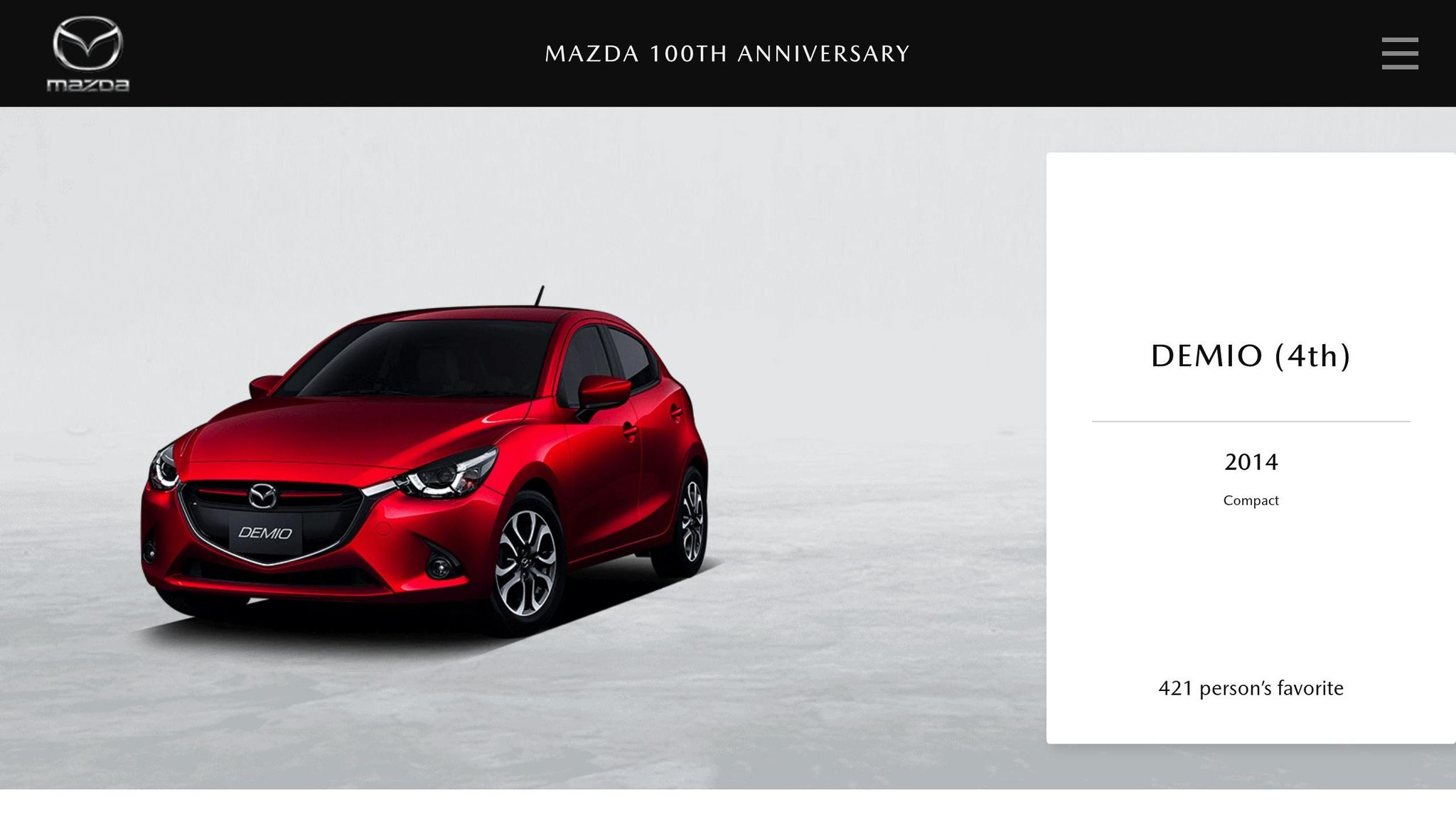
The Mazda Demio stands out in Kenya’s used car market for its stylish design and dependable performance. Known for being budget-friendly, it offers a practical choice for those seeking a reliable vehicle without breaking the bank.
Affordability and Price Range
The Mazda Demio is a popular pick among budget-conscious buyers. Its competitive pricing in the pre-owned market, paired with useful features, makes it a smart option for those looking to save while still getting a quality vehicle.
Fuel Efficiency
One of the Demio’s biggest selling points is its impressive fuel efficiency. This makes it ideal for daily commutes, as its engine options strike a fine balance between power and economy. You get a smooth and responsive drive while keeping fuel costs in check.
Durability and Road Clearance
Built with urban driving in mind, the Demio handles city roads with ease. Its design ensures a comfortable ride on paved surfaces, making it a dependable choice for everyday use.
Availability of Spare Parts
Maintaining a Demio in Kenya is relatively hassle-free. Spare parts, both genuine and quality aftermarket options, are widely available at major service centers. This accessibility keeps maintenance costs manageable and straightforward.
With its mix of affordability, fuel efficiency, and easy maintenance, the Mazda Demio is a practical choice for drivers in Kenya looking for a reliable and economical vehicle.
3. Nissan Note
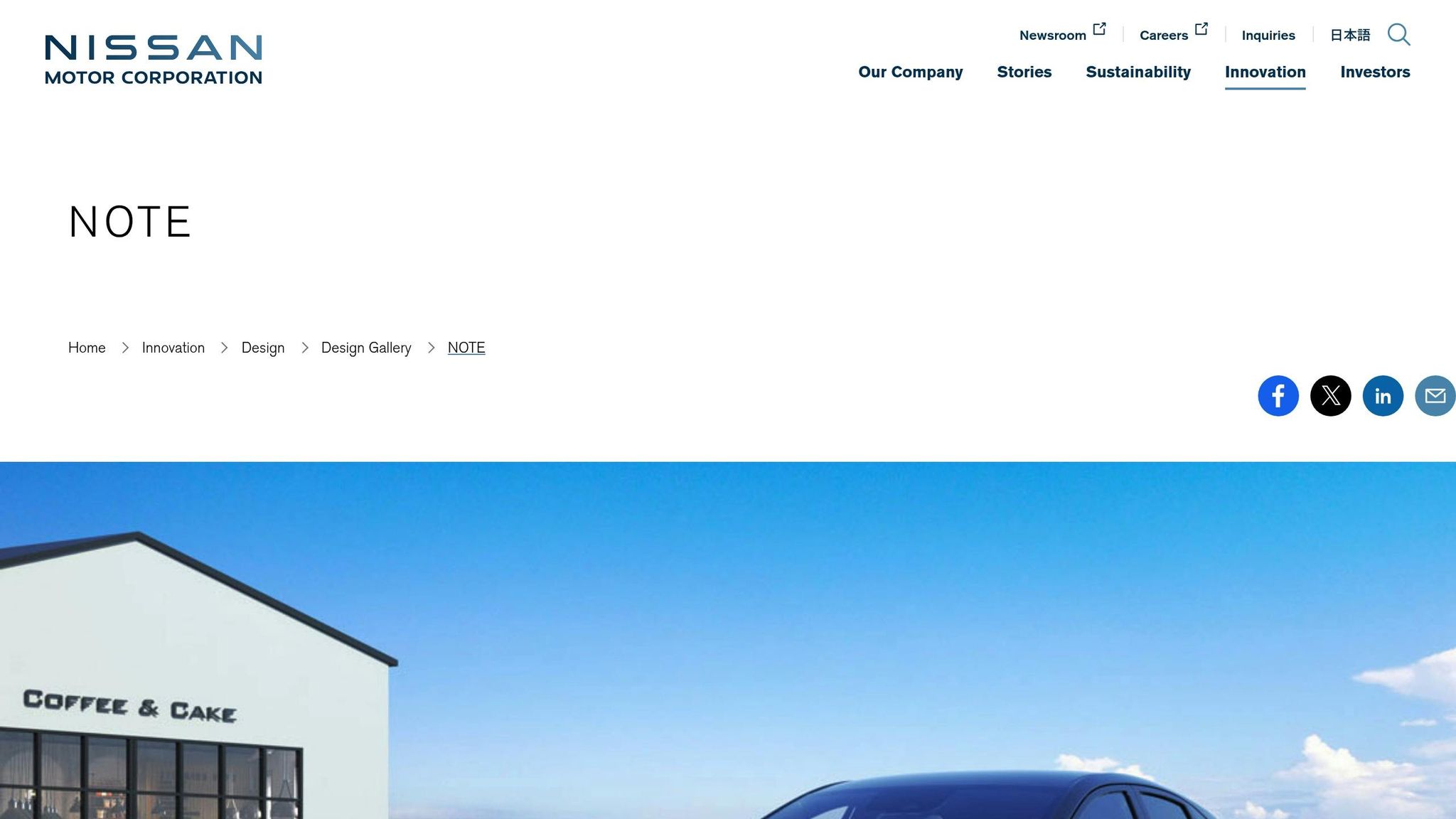
The Nissan Note brings advanced hybrid technology to Kenya’s budget-friendly car market through its innovative e-POWER system. This compact vehicle offers the feel of an electric car without the hassle of external charging, blending the convenience of gasoline with the efficiency of electric driving – all while staying within a budget of around KES 1.5 million ($10,000).
Affordability and Price Range
In Kenya’s used car market, the Nissan Note stands out as a great option for buyers looking for advanced hybrid features without paying the premium price of fully electric cars. Its competitive pricing makes it a smart choice for those seeking value and modern technology.
Fuel Efficiency
Fuel efficiency is where the Nissan Note truly shines. Thanks to its e-POWER system, the car uses a petrol engine to charge its battery, which then powers the electric motor. This setup results in impressive fuel consumption rates of 3.5–4.5L/100km (52–67 MPG), depending on driving conditions. For Kenyan drivers, this means fewer trips to the pump – especially valuable given the country’s high fuel costs. The electric motor also delivers instant torque for smooth city driving, while the petrol engine ensures you have the range needed for longer trips. This balance of efficiency and performance makes the Note a versatile choice for both urban commutes and highway journeys.
Durability and Road Clearance
Built for city life, the Nissan Note performs well on urban roads and highways. The electric motor’s instant torque makes overtaking a breeze, while its consistent range ensures reliability for daily use or weekend getaways. Inside, the car offers a spacious cabin with flexible seating and foldable rear seats, adding to its practicality. Plus, the near-silent electric drive enhances the overall driving experience, giving it a premium feel.
Availability of Spare Parts in Kenya
Owning a Nissan Note in Kenya is hassle-free when it comes to maintenance. Spare parts are readily available through official Nissan distributors and independent retailers. Nissan Kenya provides two options for parts: Genuine Nissan Parts for top performance and Nissan Value Advantage parts, which are more budget-friendly and come with a one-year warranty.
Common maintenance items are widely accessible and reasonably priced. The Note’s reputation as a reliable and practical car is further validated by its recognition as the Japan Car of the Year Innovation Award winner for its e-POWER system, as well as its popularity as one of Japan’s best-selling compact vehicles.
4. Honda Fit
The Honda Fit is a favorite in Kenya’s budget car market, thanks to its practicality and dependability. This subcompact hatchback combines a roomy interior, impressive fuel efficiency, and Honda’s well-known reliability. It’s a car that delivers value without breaking the bank.
Affordability and Price Range
In Kenya’s used car market, the Honda Fit offers a great balance of cost and quality. Prices for used models typically range between KES 900,000 and 1.4 million ($5,950 to $9,260). Older models are usually more affordable, while newer versions come at a higher price but maintain strong resale value. This makes the Fit a smart choice for those looking to save upfront without sacrificing long-term value.
Fuel Efficiency
One of the Honda Fit’s standout features is its fuel efficiency. Designed with a lightweight body and an economical engine, the car minimizes fuel consumption, making it a practical choice for both short city drives and longer road trips.
Durability and Road Handling
Honda’s reputation for durability shines through in the Fit. Whether navigating city streets or tackling Kenya’s varied road conditions, the Fit holds up well. While its ground clearance is on the modest side, its compact size and well-tuned suspension make it agile in urban traffic and steady on highways.
Availability of Spare Parts
Another advantage of owning a Honda Fit in Kenya is the easy access to spare parts. Whether through authorized dealers or independent suppliers, parts are widely available and affordable. The car’s popularity ensures that both new and used parts are easy to find, helping to keep maintenance costs manageable for owners.
5. Suzuki Alto
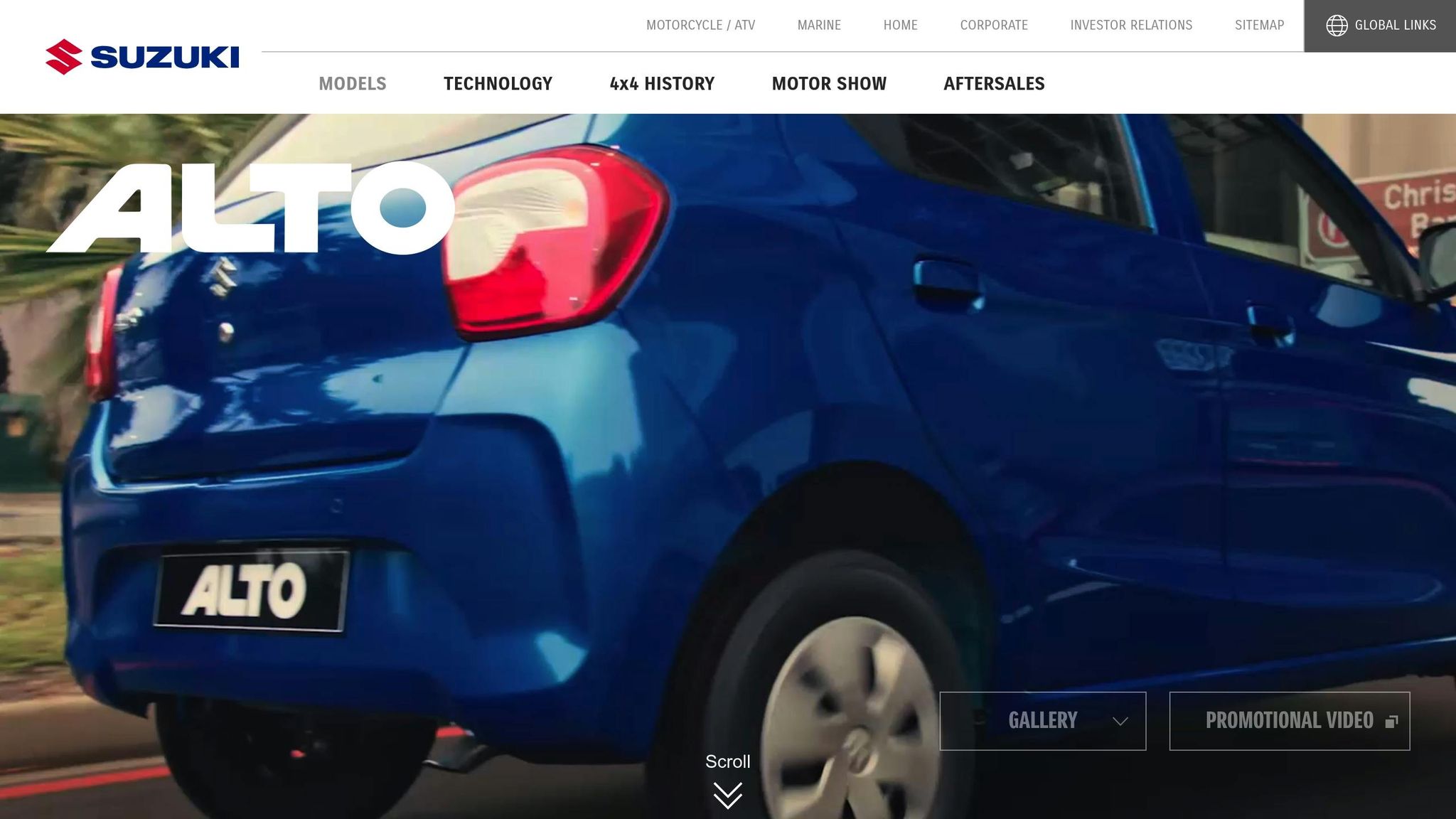
The Suzuki Alto stands out as an affordable and practical choice for city dwellers. This compact hatchback is perfect for first-time car buyers or anyone looking for a dependable vehicle for short commutes and everyday errands.
Affordability
One of the Alto’s biggest draws is its budget-friendly price tag. However, the cost varies depending on the model’s origin. Japanese imports tend to be more expensive but offer superior build quality and enhanced safety features. On the other hand, Indian models are more economical upfront, making them appealing to those on a tighter budget. If long-term reliability is a priority, the Japanese version often proves to be a smarter investment despite its higher initial cost.
Fuel Efficiency
Thanks to its lightweight design and small engine, the Suzuki Alto is incredibly fuel-efficient. This makes it a great option for drivers looking to save on fuel costs while navigating city streets. It’s a car that stretches every gallon, giving you more miles per fill-up.
Durability and Road Clearance
When it comes to Kenyan roads, the Suzuki Alto has its pros and cons. Its ground clearance of 5.9 inches (150 mm) falls short of the recommended 6.5 inches for rough terrain, meaning modifications might be needed for handling uneven roads.
Japanese models are generally more durable and safer, while Indian models may lack the same level of robustness. For urban driving and short trips, the Alto performs reliably, with minimal mechanical issues. Its suspension does a good job of absorbing bumps, and the high-rigid monocoque frame made from high-tensile steel adds to its strength. However, the Alto isn’t built for high-speed driving or long-distance travel, as it can become unstable at higher speeds.
Availability of Spare Parts in Kenya
Another advantage of the Suzuki Alto is the easy access to affordable maintenance parts in Kenya. Routine parts are widely available, though body parts, especially for older models, can be harder to find and might involve longer wait times.
6. Toyota Probox
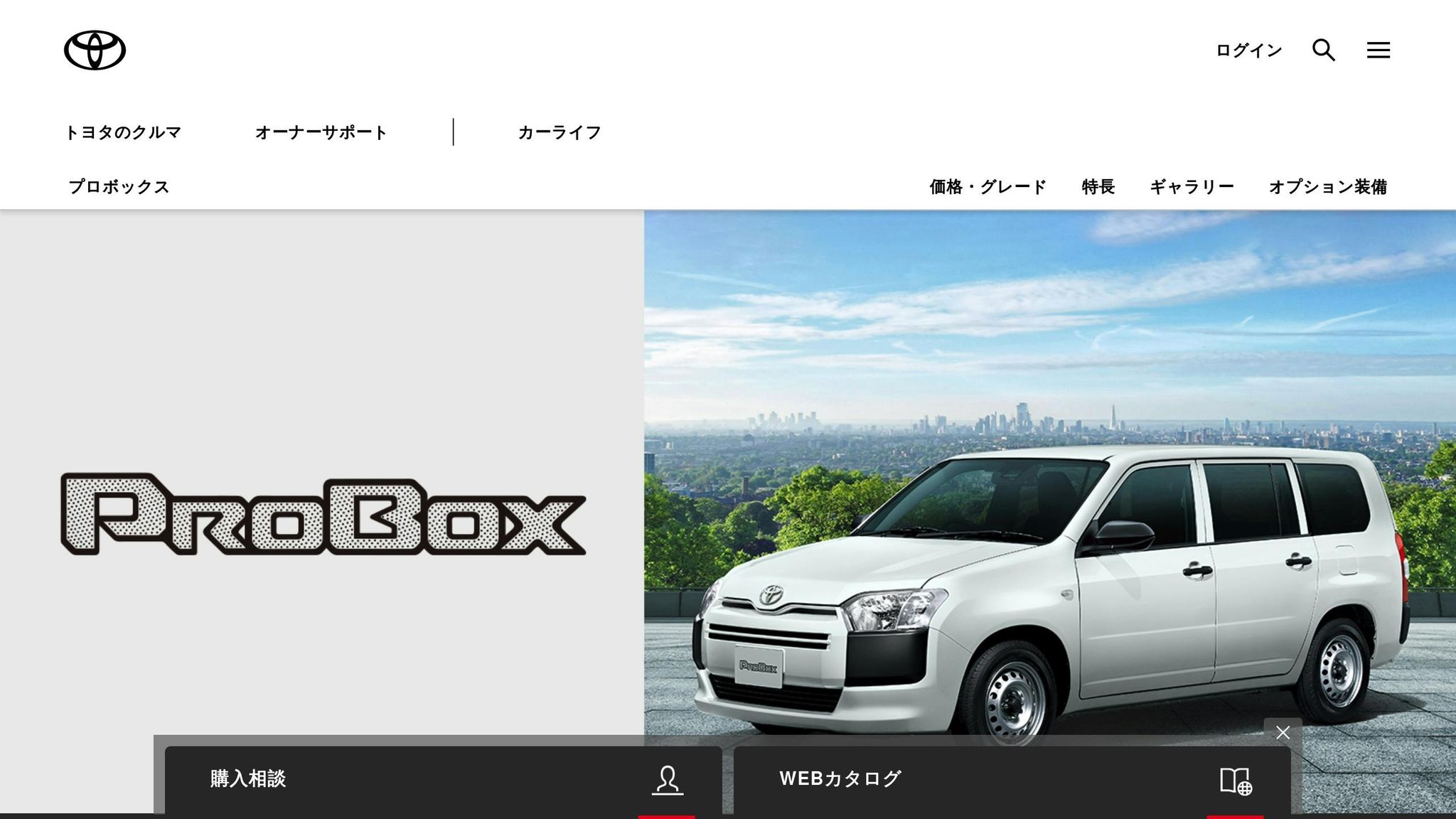
The Toyota Probox has earned a reputation as a practical station wagon in Kenya, appreciated for its ability to handle both passenger and cargo needs. This makes it a go-to choice for families and businesses alike.
Affordability and Price Range
One of the standout features of the Probox is its affordability. You can find this vehicle for under KES 1.5 million ($10,000), with used models typically falling between KES 800,000 and KES 1.4 million ($5,300 to $9,300). Factors like the model year, mileage, and overall condition influence the price. For instance, models from 2018–2020 are priced higher, while older versions from 2010–2015 are more budget-friendly.
The Probox offers the utility of a small commercial vehicle combined with the comfort of a passenger car – all at a cost that’s far lower than buying separate vehicles for different purposes. Add its fuel efficiency to the mix, and it becomes an economical option for many.
Fuel Efficiency
Fuel efficiency is another area where the Probox shines. It averages 6.5–7.5 liters per 100 kilometers (31–36 MPG), thanks to its dependable 1.3-liter and 1.5-liter engines.
For those who drive long distances or rely on the vehicle for business, these numbers translate to noticeable savings on fuel over time. Plus, the larger fuel tank means fewer stops during extended trips, which is always a bonus.
Durability and Road Clearance
Durability is a hallmark of the Probox. Built with Toyota’s renowned quality, it handles Kenya’s roads with ease. Its ground clearance of approximately 6.1 inches (155 mm) gives it an edge over sedans, though it’s slightly below the ideal 6.5 inches for rougher terrains.
The Probox’s suspension system effectively absorbs bumps and maintains a smooth ride, while its sturdy body holds up well even with high mileage. With proper maintenance, owners report years of trouble-free performance. However, for extremely rough terrains, drivers should proceed with caution.
Availability of Spare Parts in Kenya
One of the Probox’s biggest advantages is the easy availability of spare parts. Being a Toyota, its components are widely stocked by dealerships and independent suppliers in cities and towns across Kenya.
Common maintenance items like filters, brake pads, and engine parts are not only easy to find but also affordable. Even specialized components can be sourced without much hassle, ensuring minimal downtime. Combine this with the fact that most Kenyan mechanics are well-versed in Toyota repairs, and you’ve got a vehicle with low maintenance costs and fewer ownership headaches.
sbb-itb-e5ed0ed
7. Toyota Axio
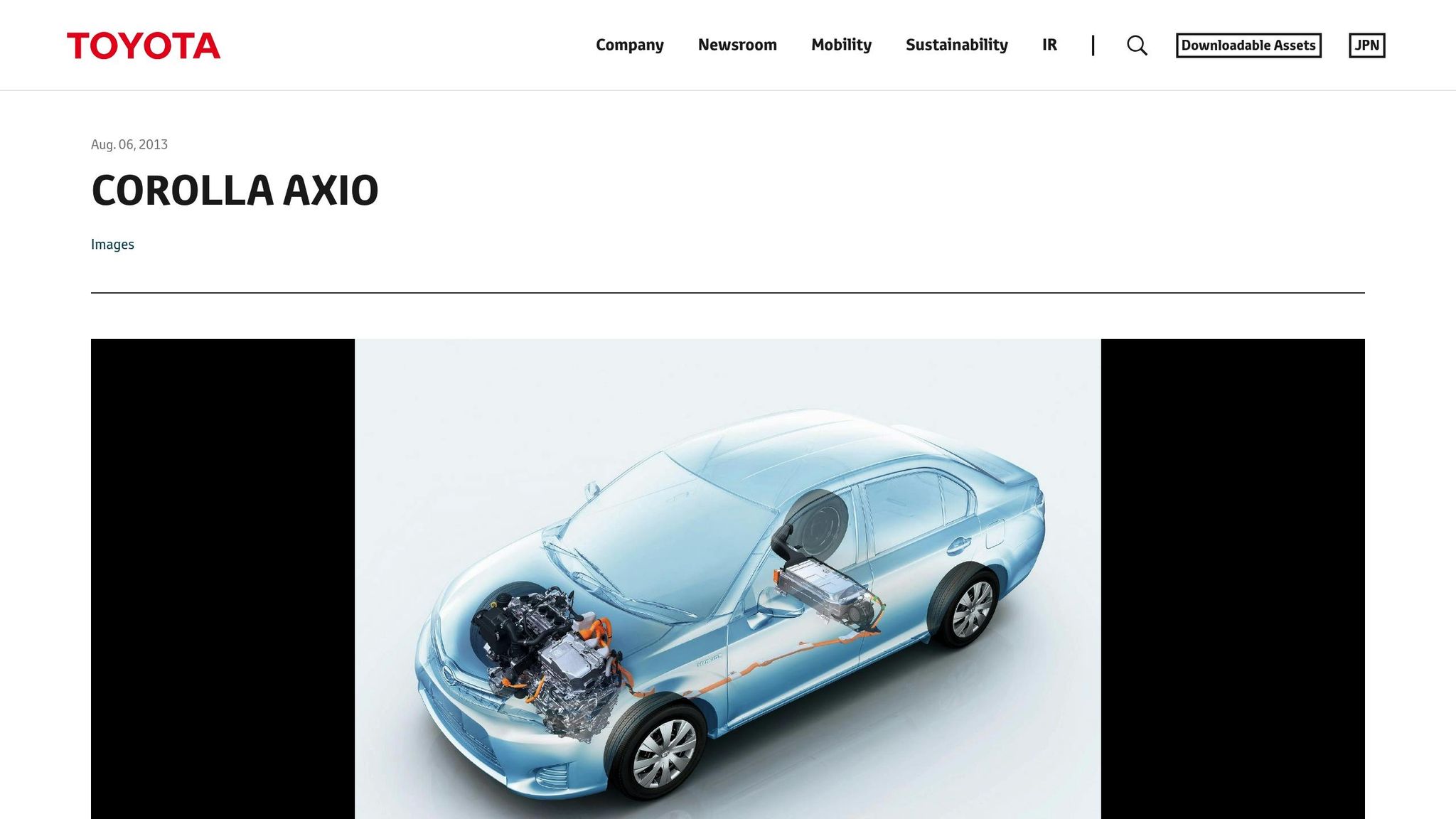
The Toyota Axio is well-known for its dependability and affordable upkeep, largely due to the easy availability of spare parts.
Availability of Spare Parts in Kenya
One of the key advantages of owning a Toyota Axio in Kenya is the extensive network of suppliers for both new and used parts. Platforms like Partfinder Kenya connect buyers to over 10,000 suppliers across the country, making it simple to source what you need. For example, a steering rack is priced at about KES 13,000 (roughly $87). Retailers such as Carmath Auto Spares Kenya also stock hubs, brake boosters, engine mountings, and other critical components. Additionally, online communities like the Toyota Fielder Owners Club Kenya, boasting over 95,000 members, provide a convenient space for owners to find and exchange both new and second-hand parts.
8. Nissan March
The Nissan March is a compact and dependable option for city driving, making it a popular choice among budget-conscious car buyers in Kenya.
Affordability and Price Range
Used Nissan March models typically fall under KES 1.5 million, making them an appealing option for first-time car owners or anyone looking for an economical city vehicle. The price varies depending on factors like the model year, mileage, and overall condition, offering flexibility for different budgets.
Durability and Road Clearance
Designed primarily for urban environments, the Nissan March performs best on smooth, paved roads. However, its capabilities are limited when tackling rough or uneven terrain. With regular maintenance, the car’s durability can be preserved, ensuring reliable performance for daily commutes and errands.
Availability of Spare Parts in Kenya
Spare parts for the Nissan March are easy to find in cities like Nairobi and Mombasa, as well as other regions across Kenya. Whether you need brake pads, filters, or engine components, local mechanics can source genuine or high-quality aftermarket parts. This availability helps keep maintenance costs manageable, making the Nissan March an economical choice for urban drivers.
9. Toyota C+ Walk T
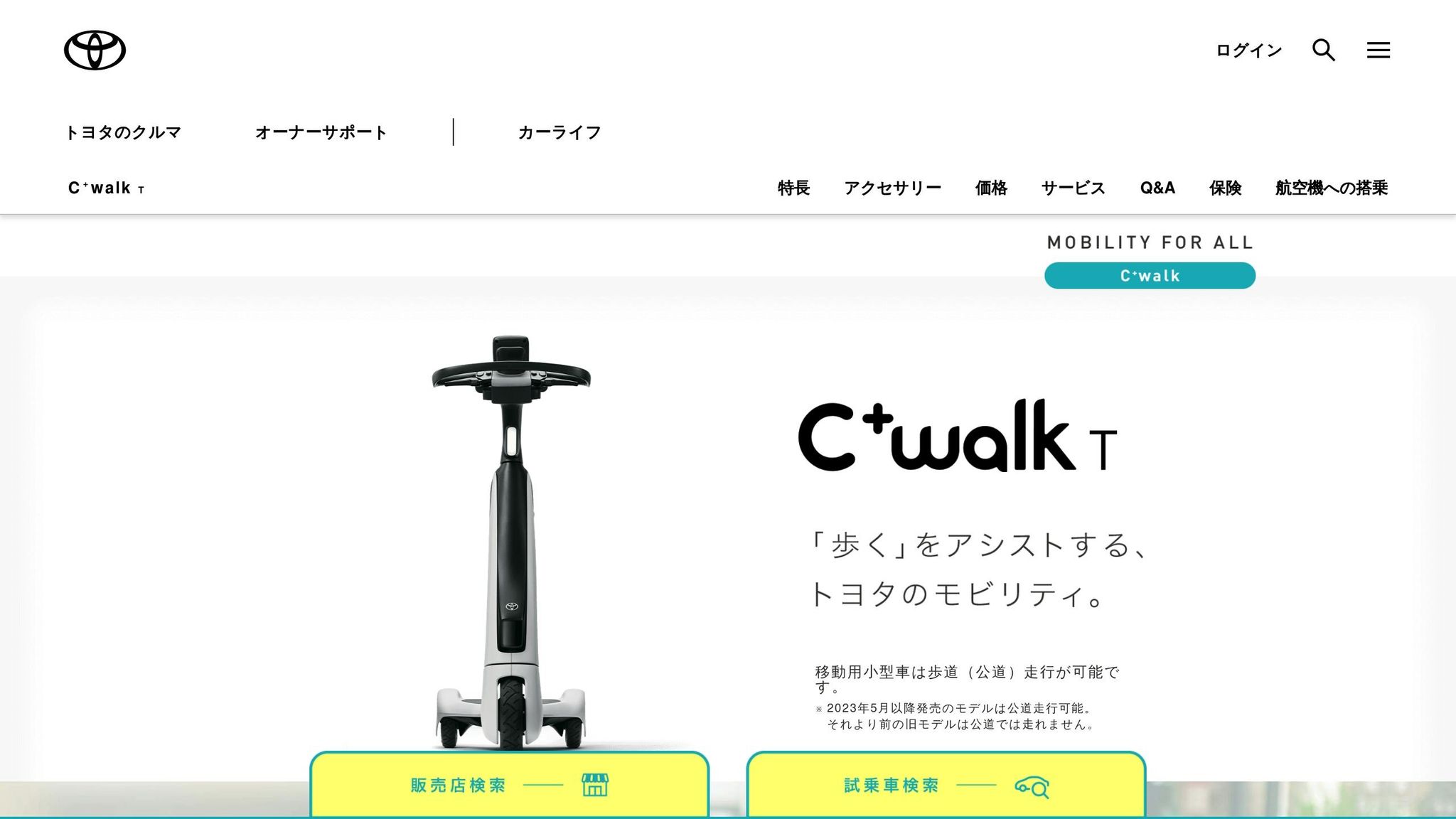
The Toyota C+ Walk T is designed with urban commuting in mind, offering impressive fuel efficiency that makes it a great choice for navigating city streets. However, its smaller engine size means it’s not the best fit for long highway trips. This compact ride shines as a practical option for city dwellers looking for convenience and efficiency in their daily travels.
10. Dongfeng EX1 Nano
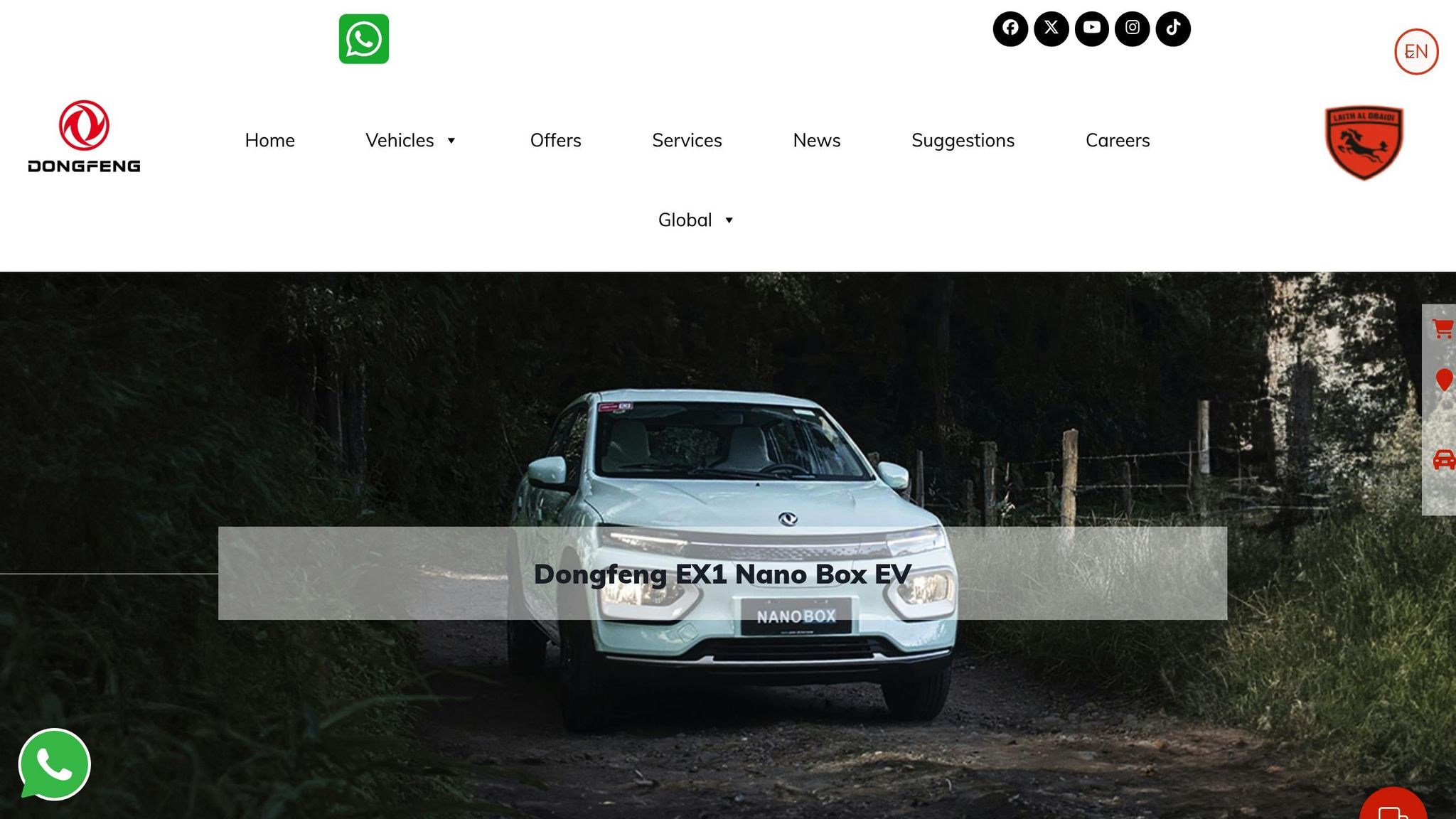
The Dongfeng EX1 Nano doesn’t fit within the KES 1.5 million budget, making it ineligible for inclusion here. Let’s break down the pricing to understand why it exceeds our selected range.
Price Breakdown (KES/USD)
As of July 1, 2025, the Kenya Revenue Authority set the vehicle’s CRSP (Customs and Regulatory Selling Price) at KES 1,583,128. However, once dealer markups – ranging from 30% to 50% – are added to cover shipping and importation costs, the total price jumps to somewhere between KES 2,058,066 and KES 2,374,692. In some cases, listings have even gone as high as KES 9,000,000.
This pricing clearly places the Dongfeng EX1 Nano in a category suited for buyers with a budget exceeding KES 2 million.
Electric Cars Under KES 1.5 Million
Finding an affordable electric car in Kenya under KES 1.5 million isn’t easy, as the market offers very limited options in this price range. However, for those keen on switching to electric mobility, the Toyota C+ Walk T emerges as a practical choice. Its compact design makes it ideal for navigating busy city streets, while its electric motor provides the quick responsiveness needed for urban driving.
When considering electric vehicles, it’s not just about the car itself – factors like infrastructure and long-term costs play a big role. One major challenge is the lack of public charging stations, which makes longer trips inconvenient. Most EV owners rely on home charging setups, as public charging options are still scarce.
On the bright side, electric vehicles generally require less routine maintenance compared to traditional cars. However, battery replacement can be a significant expense to keep in mind. Within this budget, the Toyota C+ Walk T is the only electric vehicle that fits the bill.
As battery technology improves and local manufacturing grows, we can expect prices to become more accessible. For now, the Toyota C+ Walk T remains the go-to option for urban drivers looking for an affordable electric vehicle.
Car Comparison Table
Here’s a quick look at some of the top car models you can get for under KES 1.5 million:
| Model | Body Type | Highlights |
|---|---|---|
| Toyota Vitz | Hatchback | Dependable and easy to park, with strong resale value. |
| Mazda Demio | Hatchback | Stylish design, comfortable interior, and smooth handling. |
| Nissan Note | Compact MPV | Spacious interior ideal for families, paired with a smooth transmission. |
| Honda Fit | Hatchback | Versatile with flexible seating, perfect for city driving. |
| Suzuki Alto | Hatchback | Affordable with excellent fuel economy and low maintenance costs. |
| Toyota Probox | Station Wagon | Built for practicality, offering plenty of cargo space and durability. |
| Toyota Axio | Sedan | Comfortable sedan with a roomy trunk for extra storage. |
| Nissan March | Hatchback | Budget-friendly, easy to drive, and simple to maintain. |
| Toyota C+ Walk T | Electric Kei Car | Eco-friendly, compact, and perfect for urban driving with zero fuel costs. |
| Dongfeng EX1 Nano | Electric Hatchback | Modern electric car with fast charging capabilities. |
Key Considerations:
Toyota models, such as the Vitz, Probox, and Axio, stand out for their reliable service networks and widespread availability of spare parts. If fuel efficiency is your priority, options like the Suzuki Alto and Mazda Demio are excellent for daily commutes. The Nissan Note and Honda Fit provide a balance of space and versatility, making them ideal for families. For those considering electric vehicles, the Toyota C+ Walk T and Dongfeng EX1 Nano offer a greener alternative, though they’re best suited for city driving due to limited charging infrastructure. Meanwhile, the Toyota Probox is a solid pick for commercial use, thanks to its cargo capacity and durability.
When deciding on your next car, think about your driving habits, daily needs, and access to service centers. Japanese brands continue to be a top choice for their dependability and strong resale value, making them a smart investment.
Conclusion
When selecting a car under KES 1.5 million, it’s important to think beyond just the sticker price. Focus on reliability, fuel efficiency, and maintenance costs to ensure your choice meets both your budget and long-term needs. The vehicles mentioned in this guide – ranging from the trusted Toyota Vitz to the environmentally friendly Toyota C+ Walk T – are all solid options for Kenyan drivers.
Keep in mind that the total cost of ownership includes more than the initial purchase price. Expenses like fuel, maintenance, and repairs can add up over time. Toyota models, such as the Probox and Axio, stand out for their strong resale value, while the Suzuki Alto is a great pick if fuel economy is your main concern for daily commuting.
Given Kenya’s varied road conditions, you’ll want a car with sufficient ground clearance and a durable suspension system, especially if you often drive on rough roads. Vehicles like the Toyota Probox and Nissan Note are better suited for such terrain compared to lower-profile cars, making them practical choices for drivers outside urban areas. A thorough inspection is essential before buying, whether it’s a new or used vehicle. Checking service records and having a trusted mechanic perform a pre-purchase inspection can save you from future headaches.
If you’re exploring electric cars, the Toyota C+ Walk T offers an electric alternative. However, be aware that charging infrastructure is still limited outside of Kenya’s major cities.
FAQs
What should I consider when choosing between a new or used car under KES 1.5 million in Kenya?
When choosing between a new or used car under KES 1.5 million in Kenya, it’s essential to consider a few important factors. New cars offer modern features, come with a warranty, and typically have lower maintenance needs at the start. However, they tend to depreciate quickly and usually come with a higher price tag. Used cars, meanwhile, are often more budget-friendly upfront, but they demand a thorough inspection to avoid hidden problems and might lead to higher maintenance or repair expenses down the line.
If you’re leaning toward a used car, make sure to check its history, verify all documentation, and assess its current condition carefully. Think about your budget, how you intend to use the car, and your comfort level with possible repairs or warranty requirements to make a choice that works best for your needs.
How do spare parts availability and service centers impact the long-term costs of owning these cars?
The availability of spare parts and nearby service centers can significantly affect how much you spend on your car over time. When genuine parts are easy to find, repairs tend to be quicker and less expensive. But if parts are hard to come by, you might end up paying more and waiting longer to get your car back on the road.
Similarly, having access to dependable service centers can make a big difference. It means you can benefit from fair labor costs and regular maintenance, which helps keep your car running smoothly and prevents surprise breakdowns. Without these resources, you could face higher expenses and reduced reliability as time goes on. Opting for a car with strong local support for parts and services can ultimately save you both money and frustration.
Are there affordable electric cars in Kenya, and what challenges do owners face?
Yes, electric vehicles (EVs) are becoming more affordable and accessible in Kenya, especially with newer models and government incentives expected by 2025. For budget-conscious buyers, they offer a great way to cut down on fuel costs while also making a positive environmental impact.
That said, owning an EV in Kenya isn’t without its hurdles. The limited number of charging stations makes long-distance travel tricky, and high demand on the electric grid can sometimes affect reliability. On top of that, there are still policy gaps that need to be addressed to encourage more widespread adoption. Even with these challenges, the government is actively working to improve infrastructure and has ambitious plans to boost EV usage in the near future.
Related posts
- Top Fuel-Efficient Cars for Daily Commutes in Nairobi
- Best used cars to buy in Kenya
- Car prices in Nairobi 2025
- Most sold cars in Kenya this year

